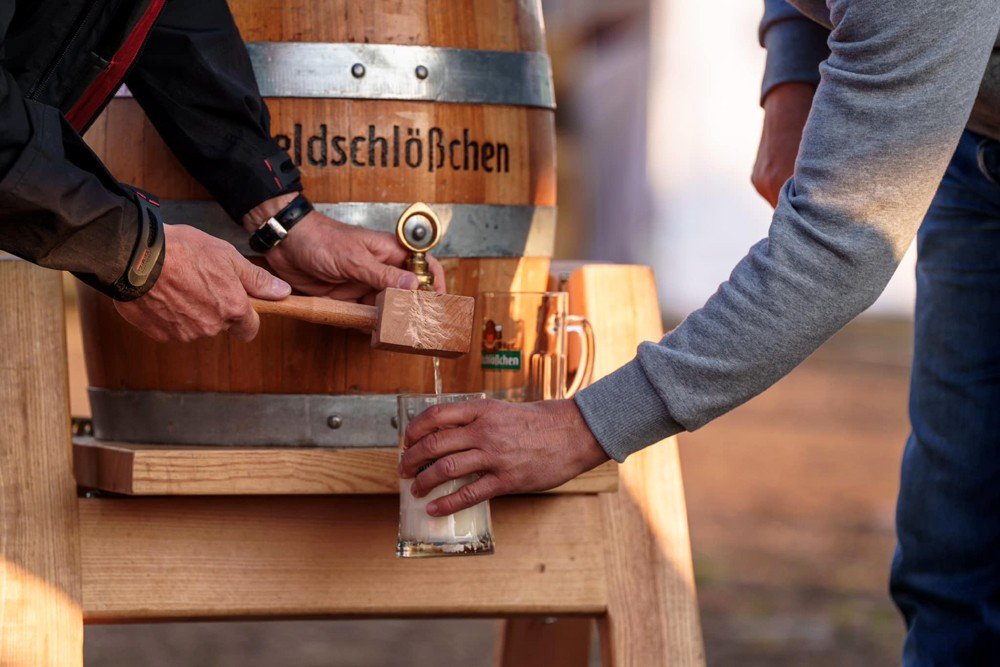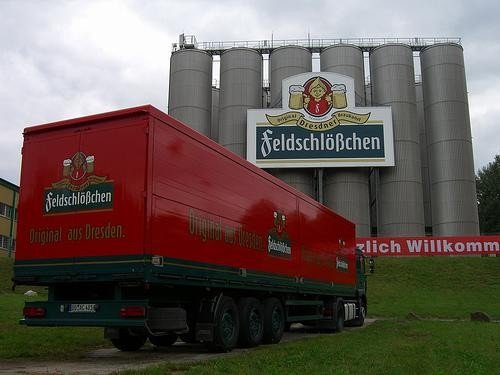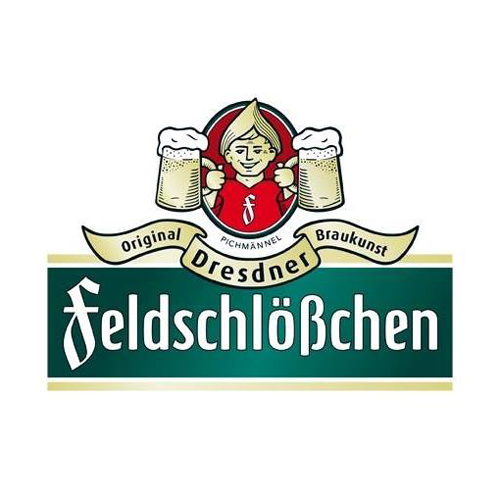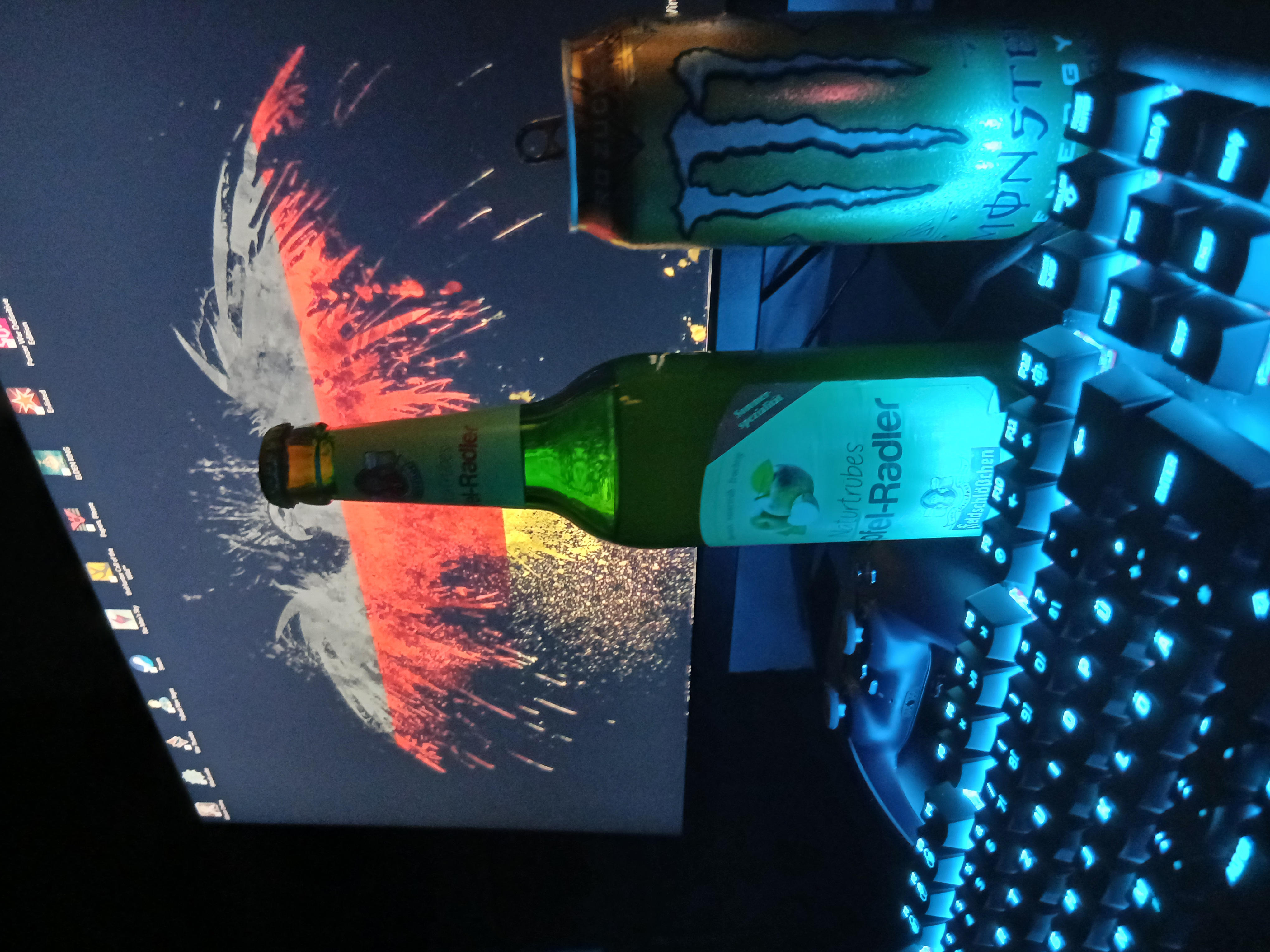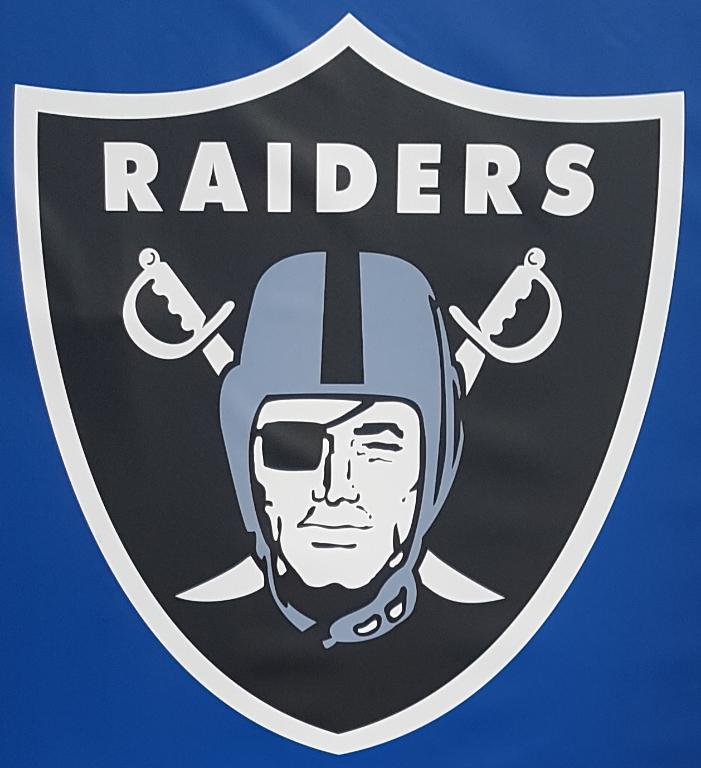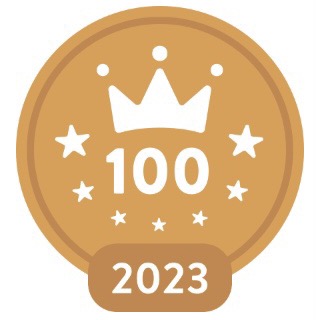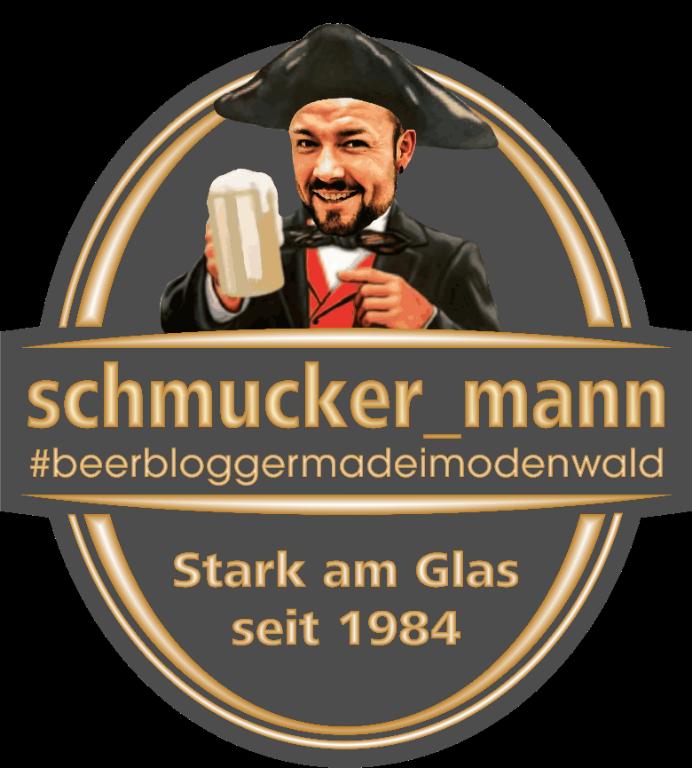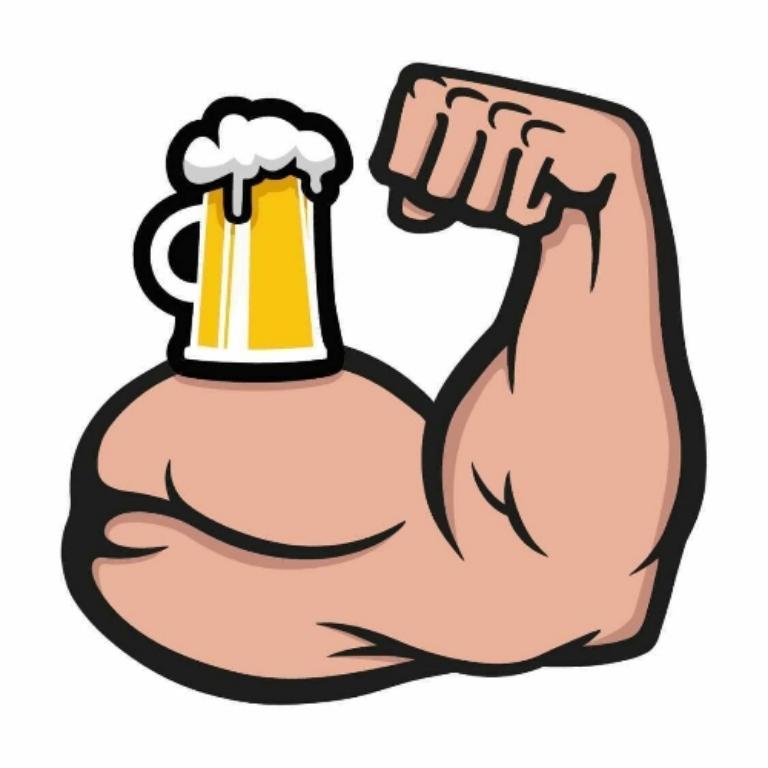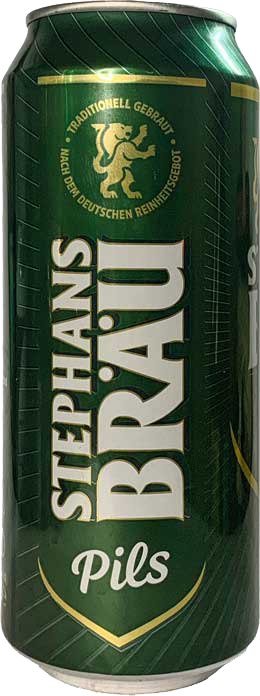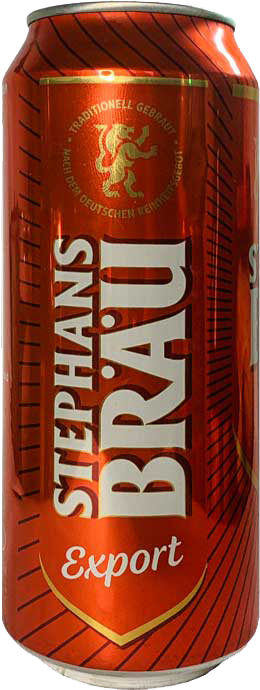Description
At the foot of Hahneberg in the southern suburbs there was a single farm that belonged to Anna Nehlin. In 1644, Elector Johann Georg I allowed beer and wine to be served to strangers. In 1684, the Honorary Secret War Council Dietrich von Bosse bought the farm and received it from Elector Johann Georg III. a letter of privilege and built the castle in the field. This property was bought in 1714 for 6,000 talers by the later wife of master builder Matthäus Daniel Pöppelmann, who died in 1729. Around 1730 the Feldschlößchen was a well-known excursion and entertainment center with a dance hall, bowling alley and summer garden. The Feldschlößchen was destroyed in the Battle of Dresden in 1813, and a new Feldschlößchen was built in 1819. Former engine house of the “Share Brewery for Feldschlößchen” (Budapester Straße ⊙) Leonhard Meisel, tenant of the Bavarian brewery in Friedrichstadt, took over the excursion restaurant, built a lager beer brewery in Dresden-Südvorstadt (old Feldschlößchen) on Budapester Straße, today's “Feldschlößchen” Headquarters ”. After twenty years, the "Stock Brewery for Feldschlößchen" was founded. In 1960 the brewery became a state-owned company (VEB), whereby individual breweries in Dresden merged into VEB Dresden breweries. The construction of the brewery in Dresden-Coschütz on Cunnersdorfer Strasse began in 1973 and has been brewing beer since 1981. Since April 1, 1983, this brewery has been part of the "state-owned beverage combine", which has been home to the VEB Dresden breweries and other breweries from the Dresden district since 1979. In 1990 the "VE Beverage Combine" was reorganized into the Saxon Brewing Union. The Holsten brewery took over the Saxon Brewing Union in 1992 and renamed it 1995 Feldschlößchen Aktiengesellschaft, Dresden. With the takeover of Holsten by the Carlsberg brewery, Feldschlößchen AG became part of the Carlsberg group in 2004. In January 2011, Dresdner Feldschlößchen AG was sold by Carlsberg to TCB Beteiligungsgesellschaft based in Frankfurt (Oder), the holding includes the Frankfurter Brauhaus and the SAS Brasserie Champigneulles (France). On the one hand, Carlsberg justified the sale by wanting to concentrate more on its own core brands (Carlsberg, Holsten, Lübzer, Duckstein and Astra). On the other hand, the Dresden brewery wanted to better utilize the sales and continue to cooperate with it. From 2011 to 2016, the new owners were able to double their output.

